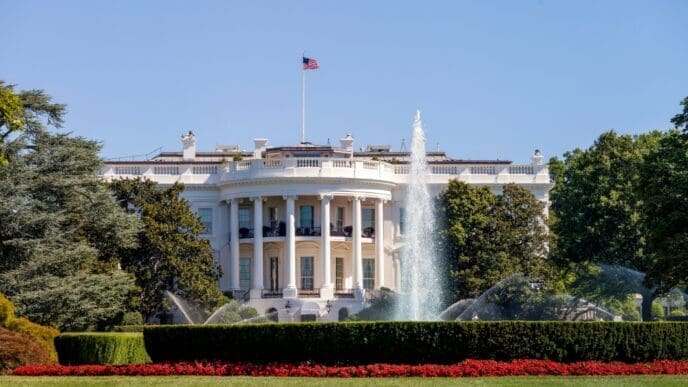Amid the fallout of the recent Presidential election, an alarming trend has emerged. Influencers from the so-called “manosphere” have increasingly used misogynistic rhetoric to threaten and demean women, declaring “Your body, my choice” at women both online and on college campuses. This phrase, appropriated from a 1960s abortion rights slogan, echoes the sense that some perceive the election outcome as a repudiation of women’s rights.
Sadie Perez, a political science student in Wisconsin, now carries pepper spray on campus, reflecting a growing concern among women about their safety. Her mother provided her with a self-defense kit, underscoring the palpable anxiety. This fear is fueled by a fringe group of right-wing influencers who view Republican Donald Trump’s presidential victory as a license to spread misogynistic threats and language online.
Isabelle Frances-Wright, a technology and society expert, observed a sharp increase in violent misogynistic rhetoric in the wake of the election. This surge is evident in both virtual spaces and real-world interactions, with terms like “Your body, my choice” quickly gaining traction. The Institute for Strategic Dialogue corroborated these findings, noting the phrase’s widespread appearance on social media and its disturbing presence in schools and campuses.
The slogan’s origin is linked to a social media post by Nick Fuentes, an extremist internet personality. His post saw rapid dissemination, raising alarm about the quick integration of online rhetoric into offline interactions. Reports indicate that the phrase has infiltrated schools, prompting action from school districts in Wisconsin and Minnesota, and its presence has even extended to merchandise—though online platforms like Amazon have removed such items.
Misogynistic language is not new to social media, but the post-election period has witnessed a significant escalation. There are now calls for women to “Get back in the kitchen” and “Repeal the 19th,” referring to the amendment that granted women the right to vote. Public reactions include incidents like a man displaying a “Women Are Property” sign at Texas State University, prompting institutional responses to such provocations.
Online spaces notorious for extremist discourse, such as 4chan, have seen violent language about women increase, drawing comparisons to previous racially and religiously motivated hate campaigns. Yet, this misogynistic rhetoric appears to have real-world ramifications, as seen by threats manifesting outside the digital realm.
Political and gender experts suggest that Trump’s win is perceived by some men as a validation of traditional gender roles, exacerbating tensions. Conversations on platforms dedicated to far-right ideologies have used Trump’s past and current narratives to bolster a return to these ideals. Meanwhile, there’s an evident rise in resentment from individuals who believe they are disadvantaged by the progress made in women’s rights, particularly as educational and workforce demographics shift.
Nevertheless, women like Perez strive to counteract these threats, leveraging networks of support to maintain resilience. They continue to advocate for the vocal denouncement of misogynistic language and behavior, drawing strength from personal and communal victories.
While the political climate has emboldened certain elements to propagate harmful ideologies, the response indicates a growing awareness and mobilization against such threats. Women and their allies remain committed to safety and advocacy, resisting rhetoric that seeks to undermine their rights and dignity.
Source: APNews












